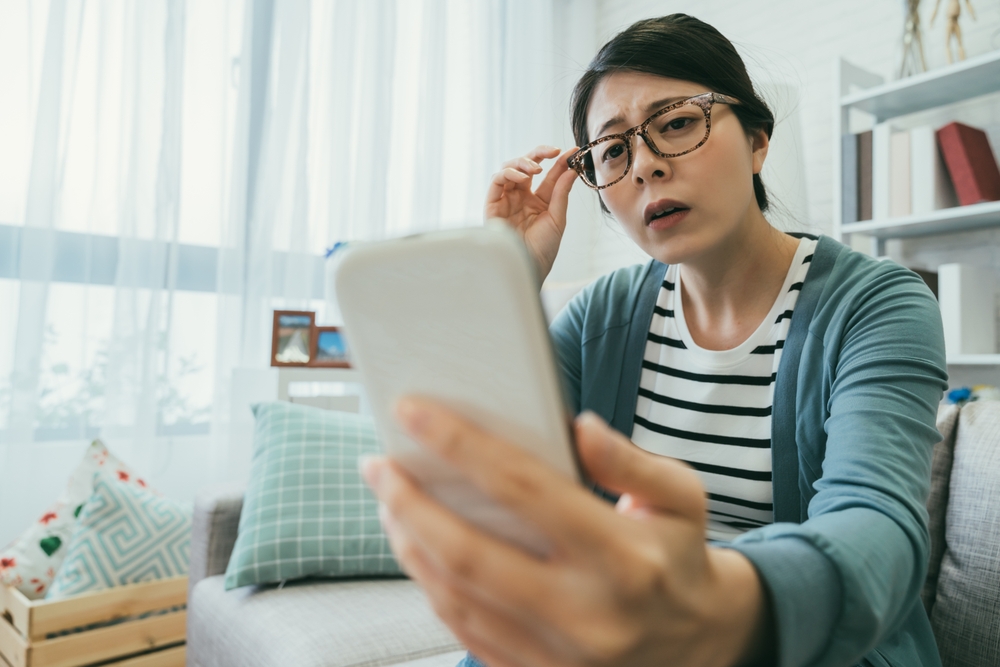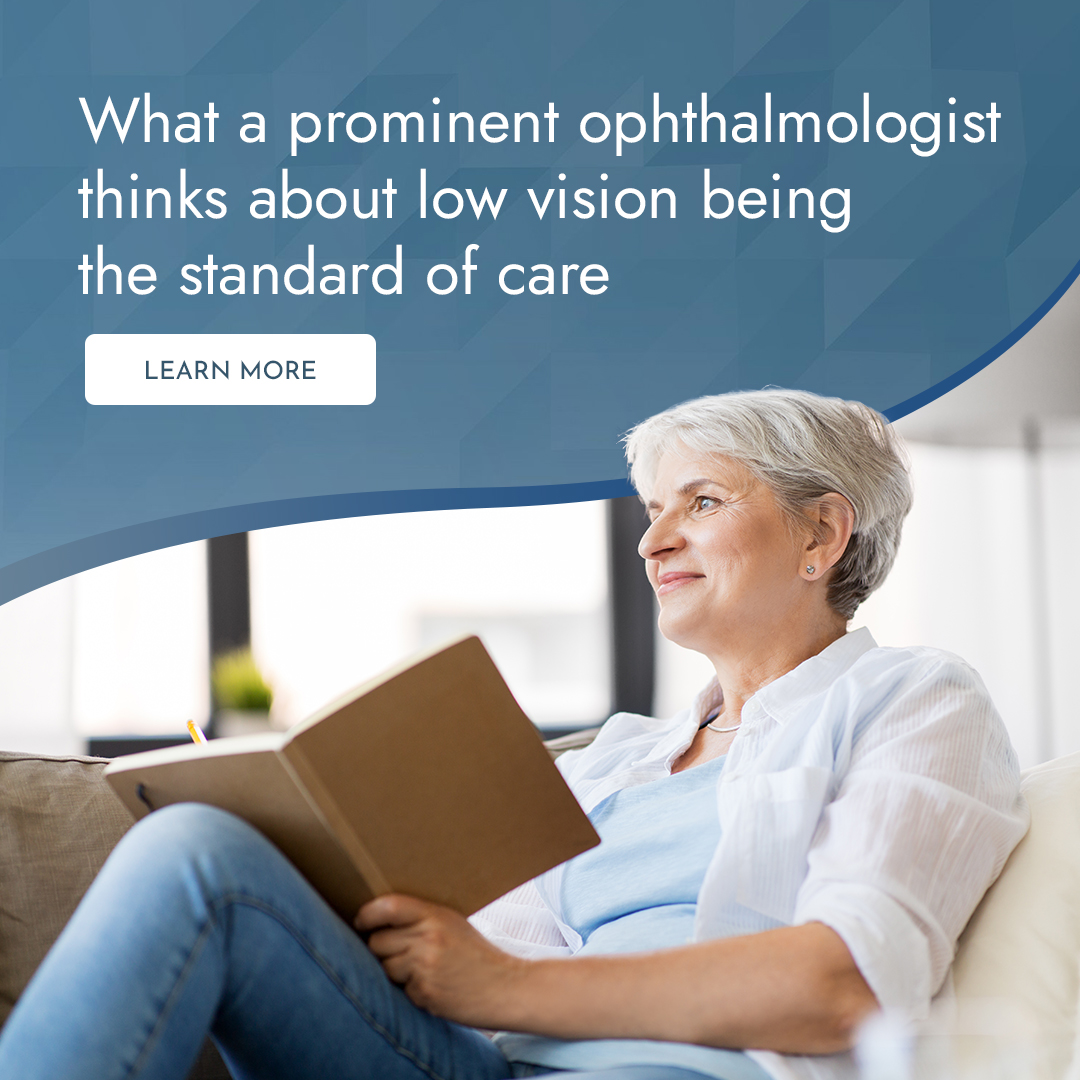
Low vision can significantly impact daily life, making it harder to complete routine tasks and maintain independence. While the condition itself cannot always be reversed, the good news is that adopting certain healthy habits may help slow its progression. By making strategic lifestyle changes and properly managing underlying conditions, you can support your overall eye health and preserve your remaining vision for as long as possible.
Understanding Low Vision
Low vision refers to a significant visual impairment that cannot be fully corrected with glasses, contact lenses, medication, or surgery. It can affect central or peripheral vision, contrast sensitivity, or the ability to see in low light. Individuals with low vision often find it difficult to read, drive, recognize faces, or perform daily activities.
Healthy Nutrition for Eye Health
A diet rich in antioxidants, vitamins, and minerals can play an important role in eye health. Nutrients such as vitamin C, vitamin E, zinc, and lutein have been shown to support retinal function and slow the progression of certain eye diseases.
Quit Smoking
Smoking is a major risk factor for macular degeneration and other vision-threatening conditions. Quitting smoking at any stage can significantly reduce the risk of further damage to the eyes and improve overall health.
Manage Chronic Conditions
Conditions like diabetes, high blood pressure, and high cholesterol can directly impact eye health. Keeping these conditions well-managed through medication, diet, and regular monitoring can slow the progression of low vision caused by associated complications.
Protect Your Eyes from UV Light
Prolonged exposure to UV rays can accelerate the development of cataracts and macular degeneration. Wearing sunglasses that block 100% of UVA and UVB rays, along with a wide-brimmed hat when outdoors, can provide essential protection.
Use Low Vision Aids and Assistive Technology
For individuals with low vision, bioptic telescopes can be life-changing tools that enhance mobility, confidence, and overall independence. These advanced optical systems are mounted on glasses and allow users to switch between their regular view and a magnified view to see distant objects more clearly. With proper training and fitting, bioptic telescopes can help individuals recognize faces, read street signs, watch television, and, in many cases, even qualify for driving with a restricted license in certain states.
At Beyond Low Vision, we specialize in helping patients find and adapt to the right tools for their specific needs and lifestyle. Dr. Jacobi provides hands-on training, personalized device recommendations, and assessments to ensure each tool is used to its full potential. Whether you're learning to navigate your environment more safely, continue reading your favorite books, or stay connected through technology, the right assistive devices combined with expert support can transform how you live with low vision.
Ready to Explore Your Options?
While lifestyle changes cannot reverse low vision, they can certainly help slow its progression and protect the vision you still have. A proactive approach that includes a balanced diet, healthy habits, and low vision aids can make a meaningful difference in managing this condition.
If you're interested in exploring whether bioptic telescopes or other low vision solutions are right for you, schedule a consultation with Beyond Low Vision today. Visit our office in Novi, Michigan, or call (248) 731-9393 for more information.






